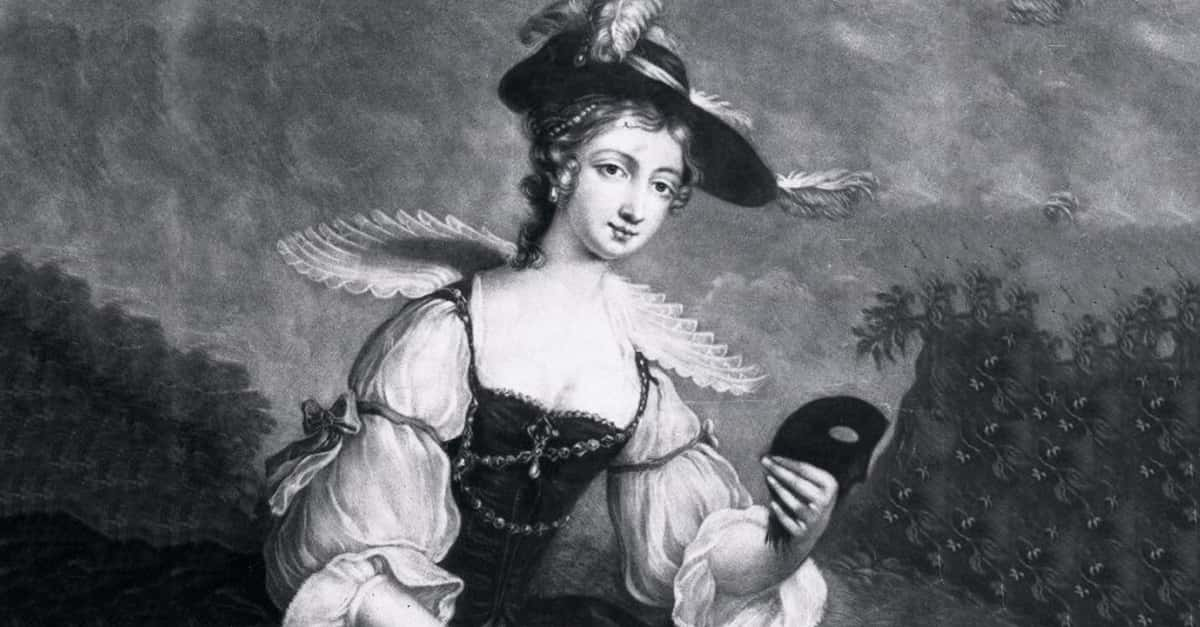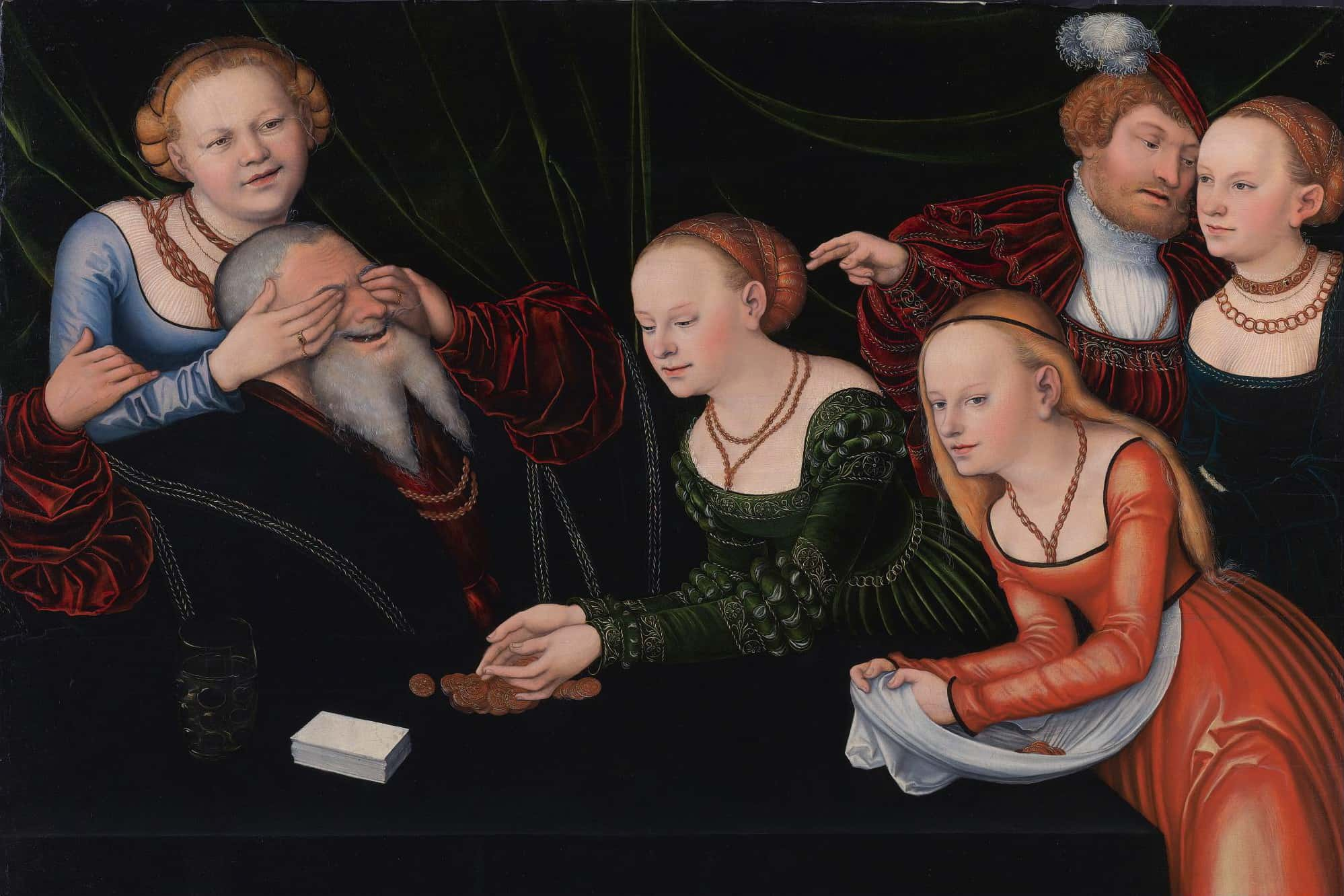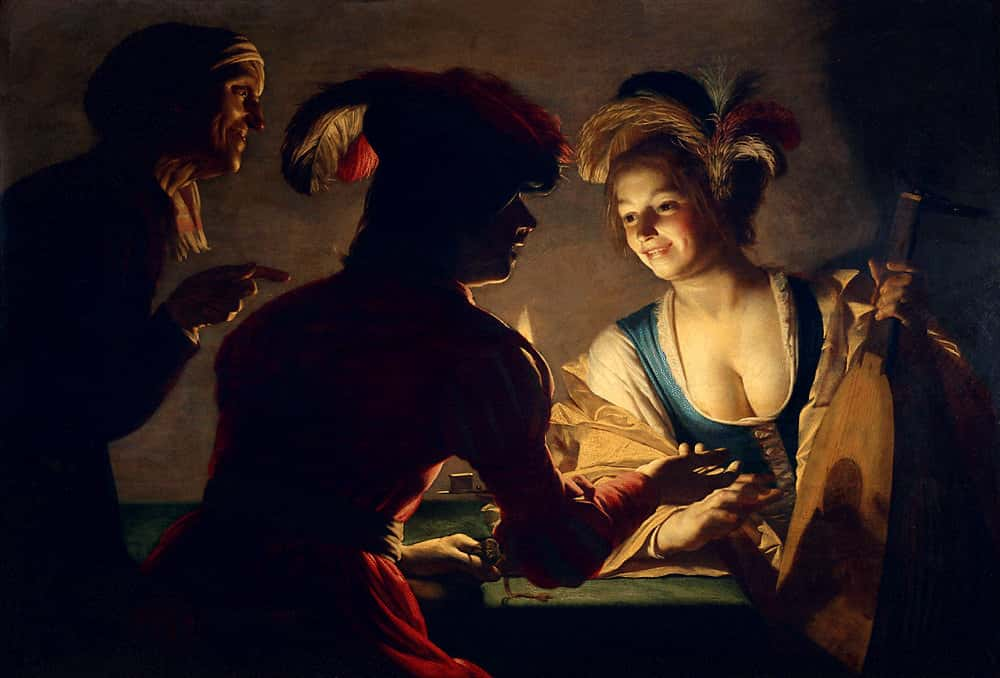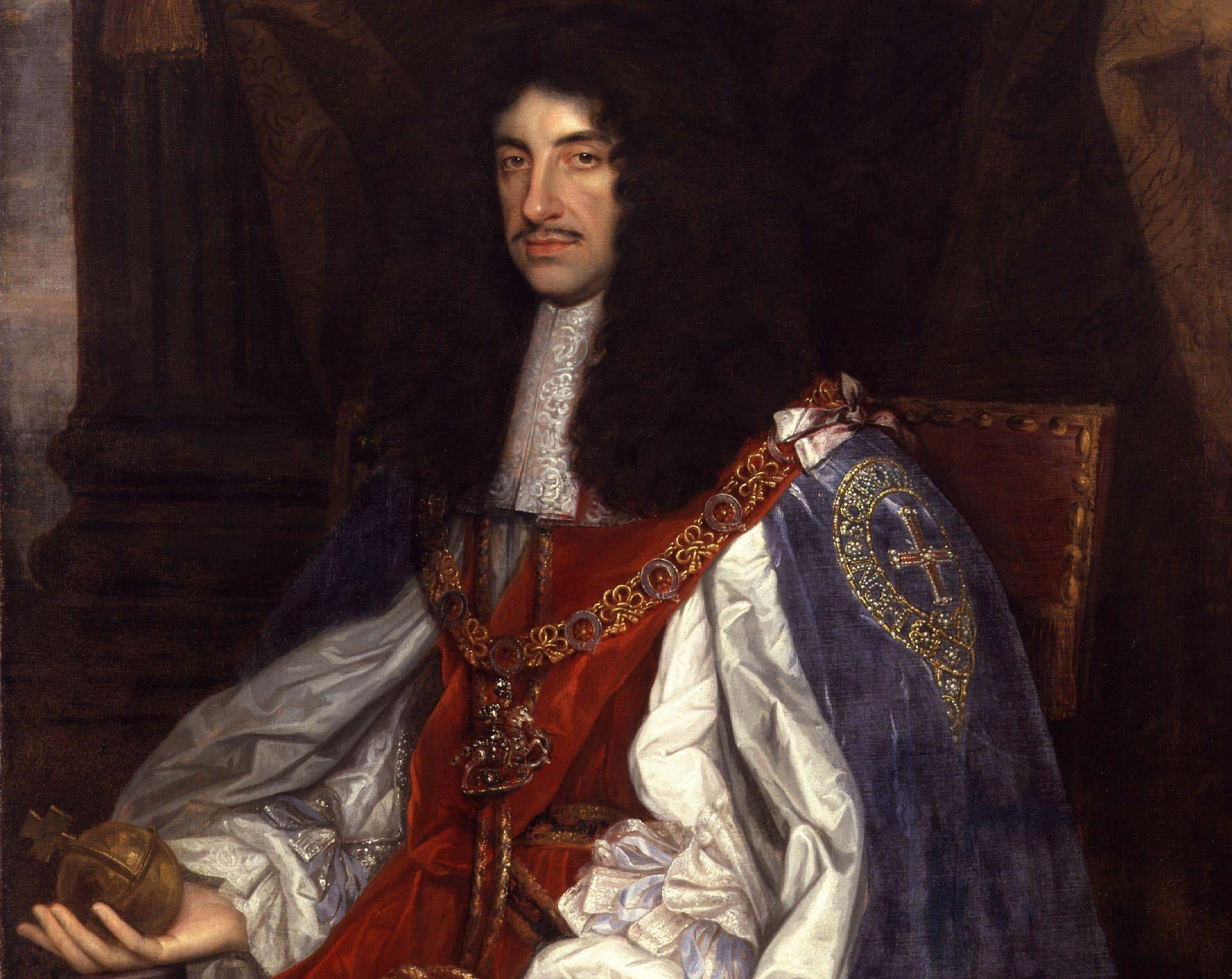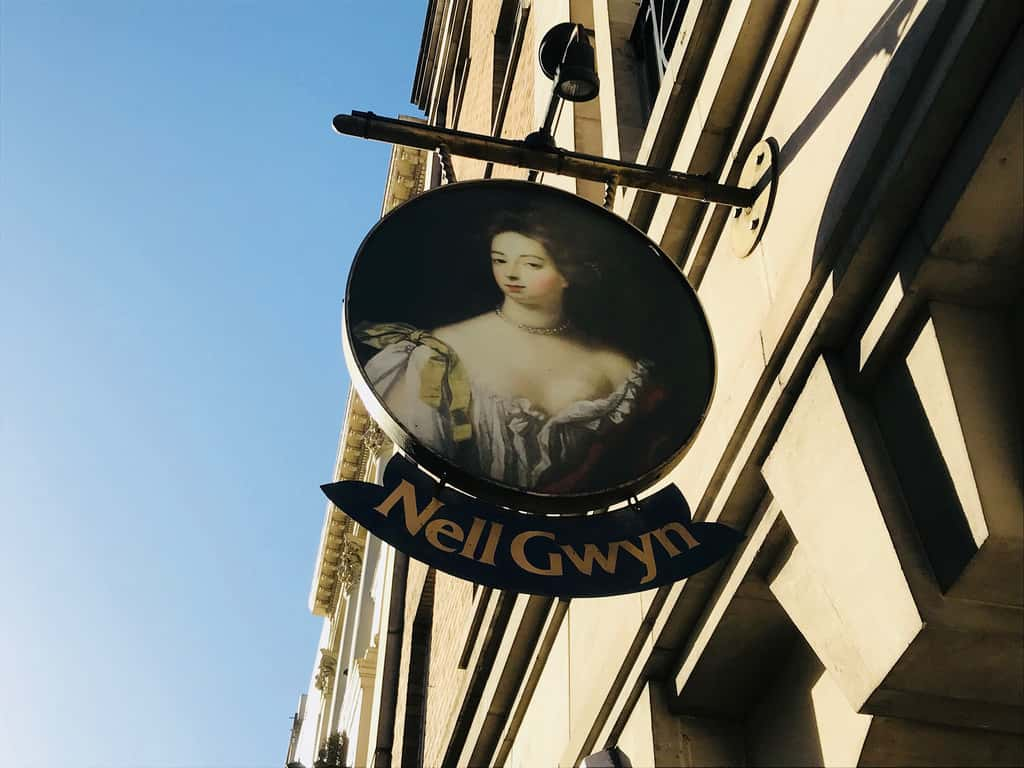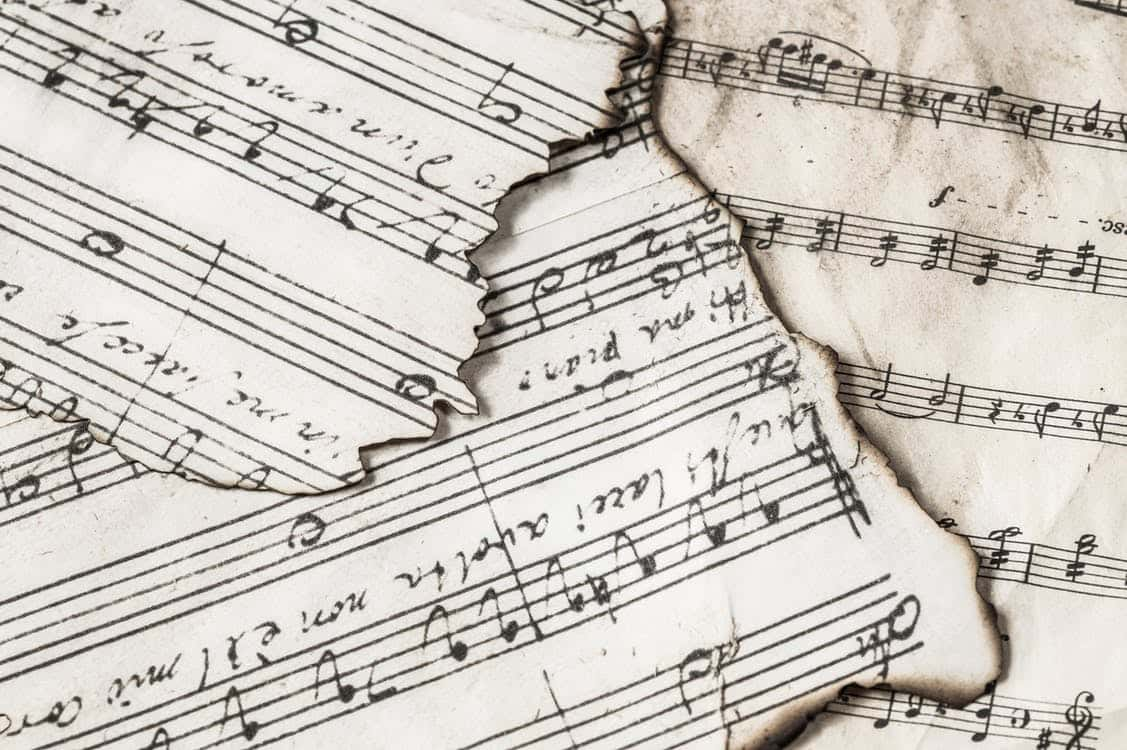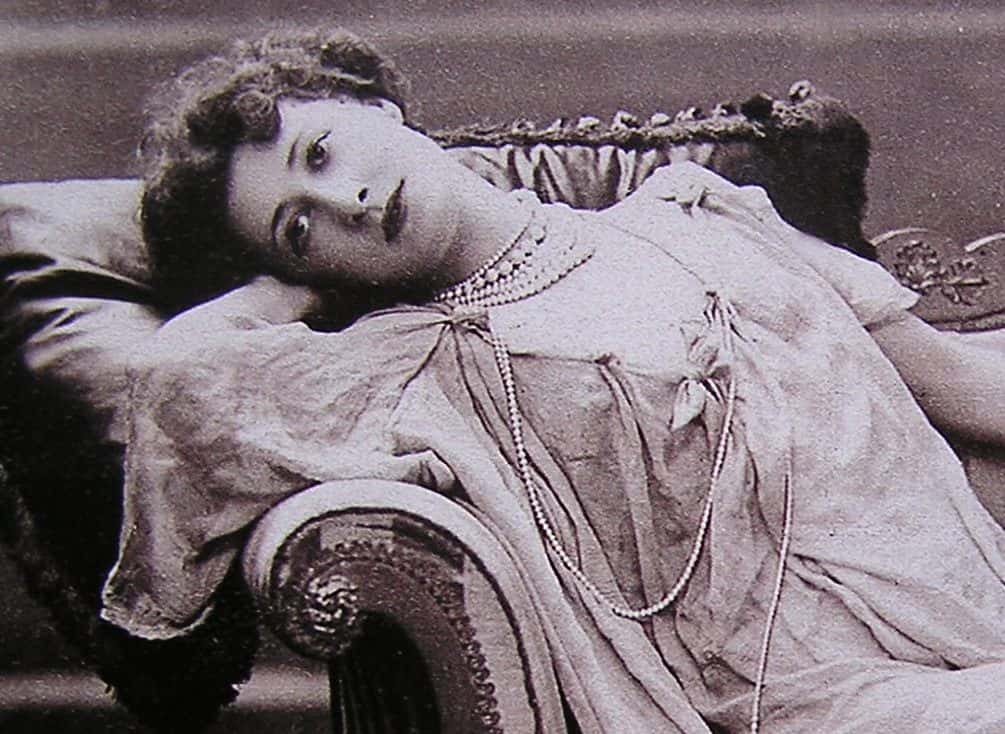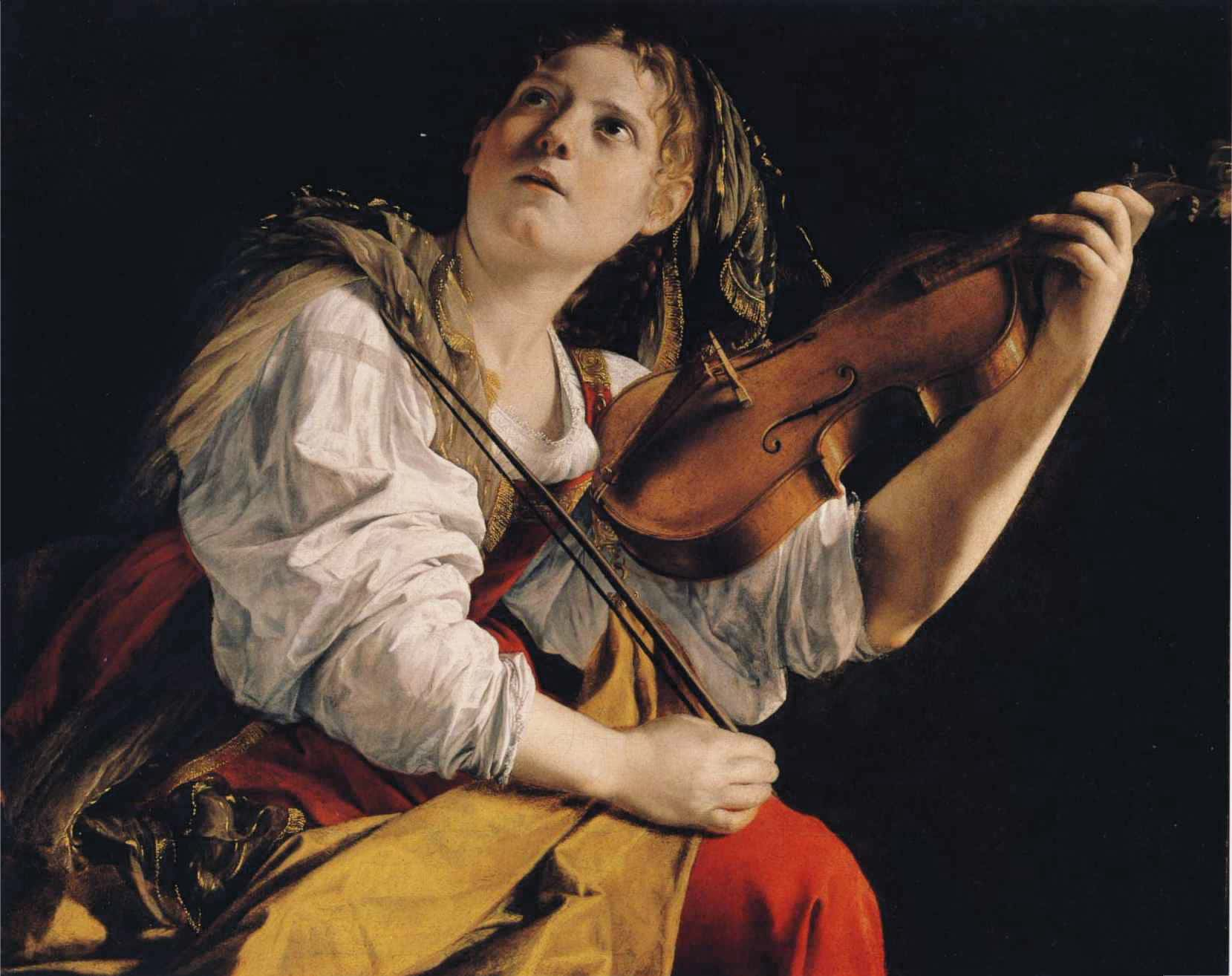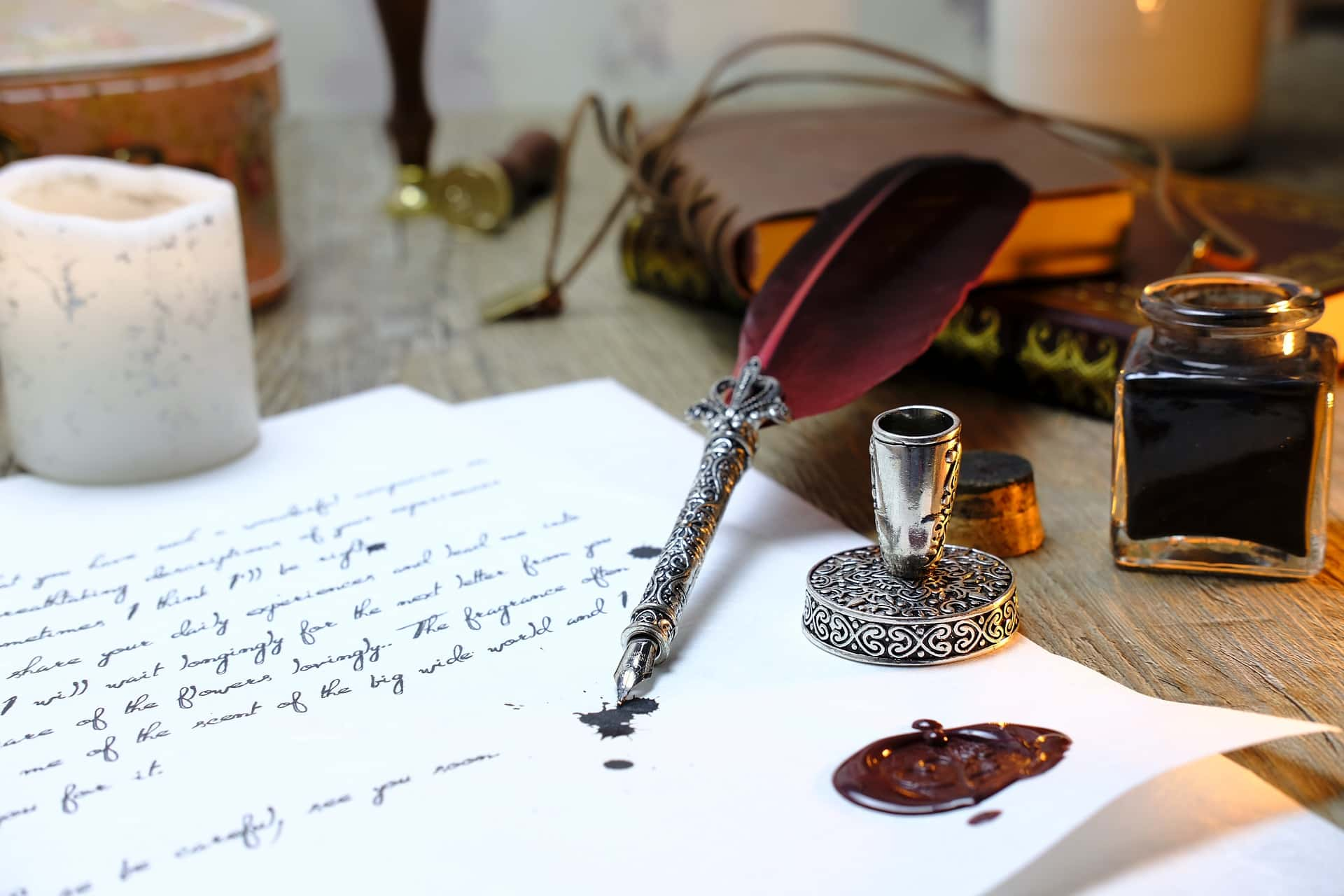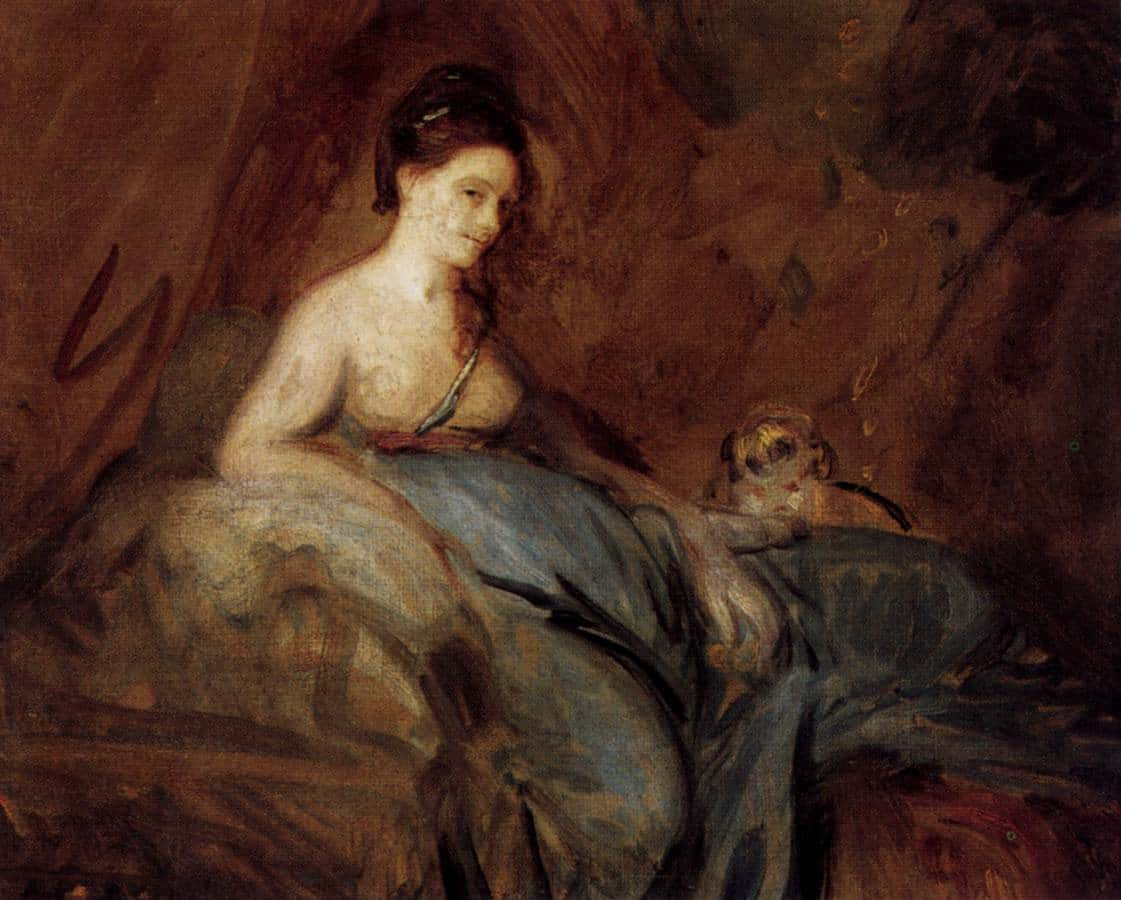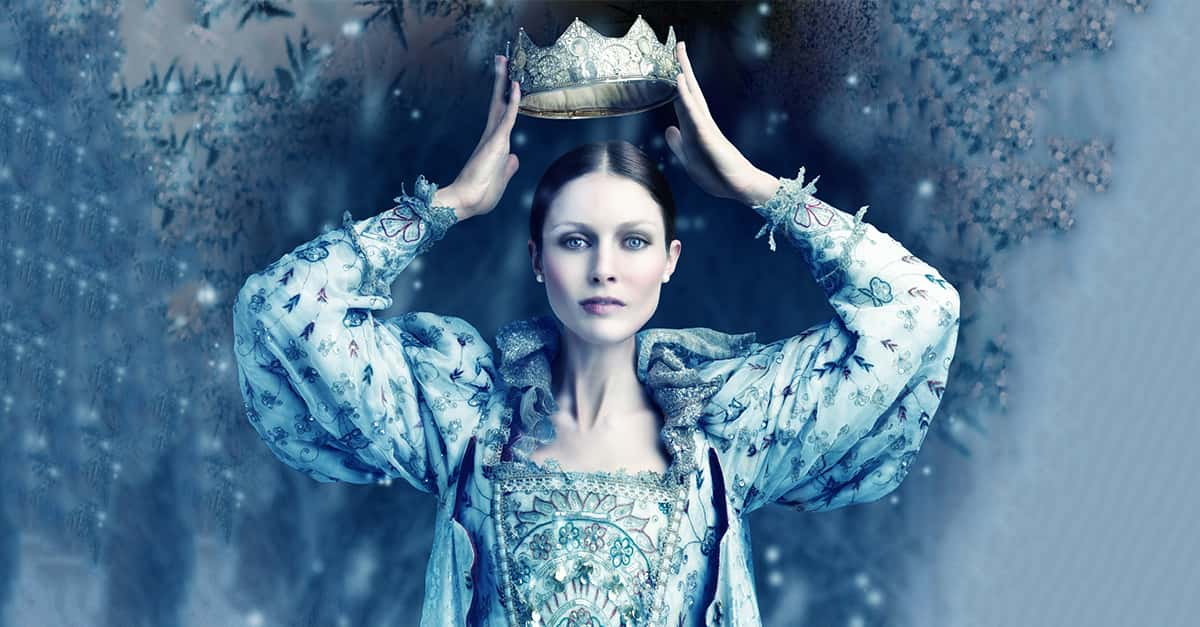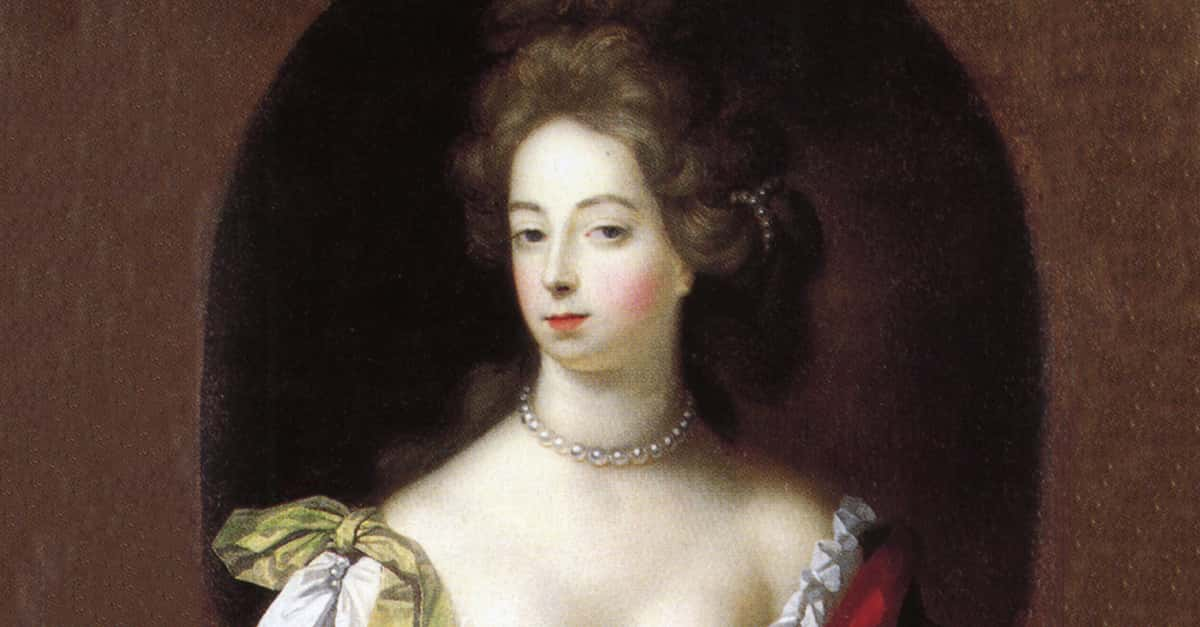Courtesans occupy a scandalous yet challenging space in world history. Were they all just beautiful women, draped on pillows all day and waiting for their rich and powerful suitors? Or were they active and powerful political players in their own right? In truth, courtesans dabbled in just about everything from the fine arts to espionage. Pull back the bed curtains to these 42 decadent facts from the history of courtesans.
Facts About The Secret Lives Of Courtesans
1. Death and Taxes
In Renaissance Italy, courtesans were registered, regulated, and taxed by the city states as if they were any other profession.
2. A Class of Her Own
Our understanding of the historic “courtesan” is heavily informed by Renaissance Italy. In this system, courtesans were separated into two classes. On top was the “higher” rank of “cortigiane oneste,” or “honest courtesans.” These women were trained in the arts of music, writing, and being generally witty upon the arm of wealthy elites. Unfortunately, not every courtesan led such a charmed a life…
3. Last Isn’t a Blast
In Renaissance Italy, the lower-ranked courtesans were referred to as “cortigiana di lume.” These ladies were generally untrained in the “intellectual” arts and could not afford to be as discriminant in their choice of clientele.
4. Family Business
Many courtesans were trained and managed by their own mothers, who were themselves usually retired escorts. Most notably, Veronica Franco, one of the most renowned “honest courtesans” of 16th-century Venice, was trained for this vocation from an early age by her mom.
5. From the Bedroom to the Bookstore
Veronica Franco was also a big name in 16th-century publishing. Finding success in books and poetry, she put her literary and licentious fame toward building a charity to help out courtesans and their families too.
6. New Girl at Court
“Courtesan” is a relatively new word to the English language. Emerging in the 1540s, it derived from the French “courtisane” and Italian “cortigiana,” which at its base form only means “woman of the court.” In colloquial use, however, it sometimes became a mocking shorthand for “prostitute.”
7. An X-Rated Cinderella Story
Nell Gwyn represents one of the bigger courtesan success stories. Born in the 17th century to a bawdy house owner, it’s generally accepted that she participated in courtesan work herself from a young age. Despite these humble origins, Gwyn died as one of the most popular mistresses of Charles II of England—though as you'll see later on, her life was not without controversy.
8. Lights, Camera, Love
In the European tradition, there exists a deep co-relationship between stage acting and courtesan life. Before she was mistress to Charles II of England, Nell Gwyn gained notoriety as a crossdressing actress.
9. Making the Ends (and Other Body Parts) Meet
Sophia Baddeley was a legendary 18th-century English singer and Shakespearean actor who starred as Ophelia in 1765 rendition of Hamlet. To supplement her passion for the arts, she established a career as a courtesan. Baddeley’s rich benefactors—most famously Peniston Lamb, the Viscount Melbourne—paid the bill for her thespian pursuits.

History's most fascinating stories and darkest secrets, delivered to your inbox daily.
10. Seeing Yellow
Although medieval Venice offered some legal protection to courtesans, the “libertine” lifestyle didn’t spell complete liberty. In certain districts, registered courtesans were restricted to work in specific areas, where they had to wear a yellow scarf for all their working hours, lest they be mistaken for any other class of woman.
11. The Color of Companionship
By 18th century, some black English courtesans developed a level of fame on par with their white counterparts. Such women went by eccentric working titles such as “the curvaceous Miss Lowes of Upper Charlotte Street” and “Miss Wilson of Litchfield Street,” a black courtesan who was renowned for both her beauty and her intelligence.
12. Can’t Keep a Survivor Down
“Black Harriot” was one of the only, if not the only, black female brothel-owners in 18th-century London. At some point, she was a slave in Jamaica, where she was educated for high society by a plantation owner named William Lewis. Although Harriot lived among white London elites for a time, she was soon impoverished. Putting that education and survival instinct to use, Harriot managed to escape debtors’ prison by attracting lovers. Soon, she saved up enough money to start the aforementioned bawdy house.
13. Bummer Epilogue
Harriot's brothel was extremely popular, and her patrons even included high-ranking noblemen such as the Earl of Sandwich. Unfortunately, it’s rumored she fell in love with an officer—an affair that caused her business to fall by the wayside. She wound up—again—in debtors’ prison, where she died of tuberculosis. Hardly the expected ending for a woman of such a meteoric rise…
14. Hit It and Lit It
Marie Duplessis is the inspiration for the character Marguerite Gautier in Alexandre Dumas the younger’s novel, La Dame aux Camélias. But Dumas was not the only literary name in Marie's roster: Charles Dickens showed up after her funeral to place a bid on her dearly departed possessions.
15. Sing Me a Sad Song
Lucy Cooper is immortalized in folk songs as the Georgian English courtesan whom “all mankind with do her lie.” In life, Cooper did achieve great wealth and notoriety…only for all her old suitors to die and leave her with nothing saved. She died herself after a stint in debtor’s prison, but hey, she lives in music?
16. Rising up in the Ranks
Charlotte Hayes is one of the most infamous courtesans in Georgian English history. Born in the lowest poverty, she died with a massive fortune, royal connections, and ownership of arguably the most famous bawdy house in Georgian London: the Madam of the King’s Place brothel (We’re not sure that royal seal of approval is official…).
17. Beginner’s Yuck
In her own words, Charlotte Hayes apparently sold her own “first time” over “thousands of times.” She was quoted as referring to virginity as “easily made as pudding.” For those who can’t connect the dots yet: she faked it with NSFW and probably edible means.
18. Kept Gentleman
Charlotte Hayes became so successful as a courtesan and bawd that she was able to keep something like her own “trophy husband” in the form of her lifelong beau (whom she met in prison), Dennis O’Kelly. It was said O’Kelly called himself “Count” after Sugar Mama Charlotte paid off his debts and let him quit his old gig as a sedan chair carrier.
19. Back to the Beginning
The 19th-century French courtesan Liane de Pougy was raised in a convent but escaped at age 16 by marriage. Unfortunately, her husband became abusive; she escaped that situation via bedroom work. Her new career was prosperous and led her to the courts of St. Petersburg and even Paris, where she embarked on affairs with both men and women. Nevertheless, de Pougy chose to spend her retirement back in the nunnery. This time, she found long-term purpose and stayed to help raise babies born with birth defects.
20. The Real National Treasure
At the height of her fame, Liane de Pougy was known as notre courtisane nationale, which is French for “our national courtesan.” I assume that’s like Poet Laureate but more fun at parties.
21. Passing the Buck
Giulia “La Barucci” Beneni was an Italian courtesan who was so powerful, she once told a colonel that she would only lay with him if he got naked first…right in front of her house, atop a horse, and leading his own troops. Naturally, the colonel did exactly that.
22. A Most Romantic Rolodex?
Within her expensive mansion, it’s rumored Giulia Beneni kept “visiting cards” in her china bowls, which contained the name of every powerful man in high society.
23. Throwback Hurl’s Day
It’s said Marie Duplessis was taken as the “kept woman” of Count de Stackelberg in 1844 because she looked exactly like his dearly departed daughter. Hey, a creepy buck is a buck.
24. Beauty Is Only Wallet Deep
Marie-Ernestine Antigny is believed to be the inspiration for Emile Zola’s Nana, a novel about a witless and charmless courtesan who still manages rise up from nothing and destroy every man in her orbit. How flattering. In truth, her rise from pauper to actress to mistress of Parisian elites does bear resemblance to the book’s plot. Antigny also married a poor man for love, lost her own fortune, and died alone at the age of 34—exactly like the titular Nana.
25. Wine, Dine & Dash
We usually imagine courtesans as sharp and always “on alert” for the next benefactor or ball. In contrast, there was Marie-Ernestine Antigny, who was such a heavy sleeper that it’s said her lovers just snuck out of bed without paying her. I’m not an expert in love or finance, but I don’t think that’s good for business.
26. Wake up Call
If you learn anything from this salacious list, let it be this: pay your dues. This was a lesson learned the hard way by the ex-lovers of famed British courtesan Harriette Wilson. When she retired from the love game in her mid-30s, Wilson set about writing her memoirs.
But it wasn’t just because she had a writer’s soul: Wilson would reveal her ex-clientele’s most lewd secrets unless they paid her to “edit” them out. Since many of Wilson’s lovers were high-ranking statesmen (even the Duke of Wellington was among them!), this was one of the most profitable proof jobs in history.
27. I Spy With My Beautiful Eye
Born to a noble family in 1837, Virginia Oldoini came into the courtesan life through her main career as a spy. Her “marks” included the likes of Louis Napoleon (or Napoleon III) and Victor Emmanuel II of Italy. Through her (cast off) marriage, she was known in work and to history as the “Countess Castiglione.”
28. A Hard Half-Day’s Work
A courtesan’s fees can vary greatly, but the sky was the limit when it came to the more famous names. For instance, Italian spy-come-courtesan Virginia Castiglione was paid 1 million francs for just 12 hours of her precious time.
29. America’s Next Top Recluse
The first modern fashion model in European history was a courtesan. This was, again, the super-accomplished Countess Castiglione. Unfortunately, she did not handle aging out of her looks with the superspy grace that made her career. When she hit the big 4-0, the Countess became a notorious recluse and stuck mostly to her rooms for the rest of her life.
30. Some Things Are Better Left Said Earlier
Not every courtesan’s husband took his wife’s profession well. The famous French seductress Esther Lachmann—known as the “Marquise de la Paiva”—didn’t reveal to her aristocratic husband that she was a courtesan until the morning after their wedding. The Portuguese nobleman was filled with such shame that he immediately fled back to his country and took his own life.
31. Painting and Panting
Courtesans often acted as models in religious paintings. For instance, the model in Caravaggio’s portrait of St. Catherine (gifted to a cardinal, no less) used a courtesan named Fillide Melandroni as its inspiration.
32. A Way With Pens
Tullia d'Aragona was the first woman to publish her own epic poem and neo-Platonic dialogue. She was also a Venetian courtesan. When she got in trouble with the law, d’Aragona could rely on her benefactors—who were none other than Duke Cosimo I de' Medici and his wife—to bail out her brilliant mind.
33. Curse of the Black Pearl
Cora Pearl was an English courtesan who was renowned for her affairs with multiple members of the 19th-century French royal family, her decadent spending, and, most of all, her cruelty. Pearl openly referred to her men as her “chain of gold,” i.e. interchangeable and enriched stepping stones on her way to fortune. As if to publicly mock her “dark” reputation, Pearl often wore a famous necklace of black pearls that became her calling card.
34. Served With a Side of Buns
Cora Pearl’s decadence was so great, an army of servants once carried her buck naked upon a silver platter into a party. Sexy, but not very sanitary.
35. The Sweet Cha-Ching of Silence
Legendary English courtesan Fanny Murray fell on hard times in the 1750s. Thanks to good old blackmail, however, Murray didn’t stay there for long. She learned the son of the rich man who deflowered her was getting married, so she sent the young man a letter detailing his father’s wicked actions (she was only 12 when he “debauched” her), and the newlyweds sent her a stipend of 200 pounds a year, presumably for her discretion.
36. Collect Them All!
Kitty Fisher is considered one of the first “celebrities” in modern history. The 18th-century English courtesan was a staple in the earliest tabloids, where her feuds and even fashion made the news. In fact, her appearance was so incredibly sought after that fans reproduced and sold the salaciously posed engravings of her person—which essentially makes Fisher the first “pin up girl” in history, too.
37. High in Value, Low in Carbs
At the height of her fame, Fisher was so rich that Giacomo Casanova recounted a rumor that she had “eaten a bank-note for a thousand guineas on a slice of bread and butter” for breakfast.
38. Blink and Happily Ever After Is Over
Ditching her superstar lifestyle, Fisher retired into a life of rural stability. In 1766, she married a Member of Parliament’s wealthy son, John Norris. Most tragically, the famed ex-courtesan died just four months into her new vocation as country wife. Not older than 26 years old, she was buried in her favorite ballgown, as befits a career drama queen.
39. Bawdy Brawl
Kitty Fisher famously boosted her own fame with public rivalries against other celebrities. Most notably, her chief rival was a noblewoman named Lady Maria Coventry. According to the papers, the two women once happened to meet in a park, where Lady Coventry admired Fisher's dress and asked her where she got it. Fisher smugly replied that the Lady should ask her husband, since it was he who had given her the gown as a gift.
In a swat back, Lady Coventry hissed that Fisher was an "impertinent woman," but Kitty just smiled again, and retorted that she would take that insult for now, since Maria was her social superior, but she would make it her life's mission to marry a Lord so that she could eventually give the Lady a proper verbal lashing. Talk about a cat fight.
40. Imagine Swiping Left on Your Priest
Ninon de Lenclos worked at “Sun King” Louis XIV of France’s court, and could reel even holy men into bed. Notoriously, the infamous Cardinal Richelieu was going to pay 50,000 crowns just for a single night in her sneaky arms. For whatever reason, she simply ran away with the money and sent her friend to the Cardinal's bed in her stead. Awkward.
41. WWND?
King Louis XIV, then still a young boy, trusted Ninon de Lenclos with advice on matters of state. If he wasn't sure what decision to make, he would ask, "What would Ninon do?"
42. Desperate Measures
Though Nell Gwyn died wealthy and popular, it was a long road to get to her exalted position in King Charles II's inner chambers. She did everything in her power to catch his eye, and she ended up being his chief mistress for many years—but few knew that the two were hiding a dark secret behind bedroom doors. Gwyn was reportedly upset for that her eldest son with the King was illegitimate. Fed up with her royal lover, the courtesan committed an utterly disturbing act.
According to some sources, Gwyn grabbed her young son, also named Charles, and dangled him out of a high window, threatening to plummet him to his death if the King didn't give him an official title. A terrified Charles II blurted out, "God save the Earl of Burford!" anointing his son as an Earl, and saving his life at the same time.
Sources: 1, 2, 3, 4, 5, 6, 7, 8, 9, 10, 11, 12, 13, 14, 15, 16, 17

